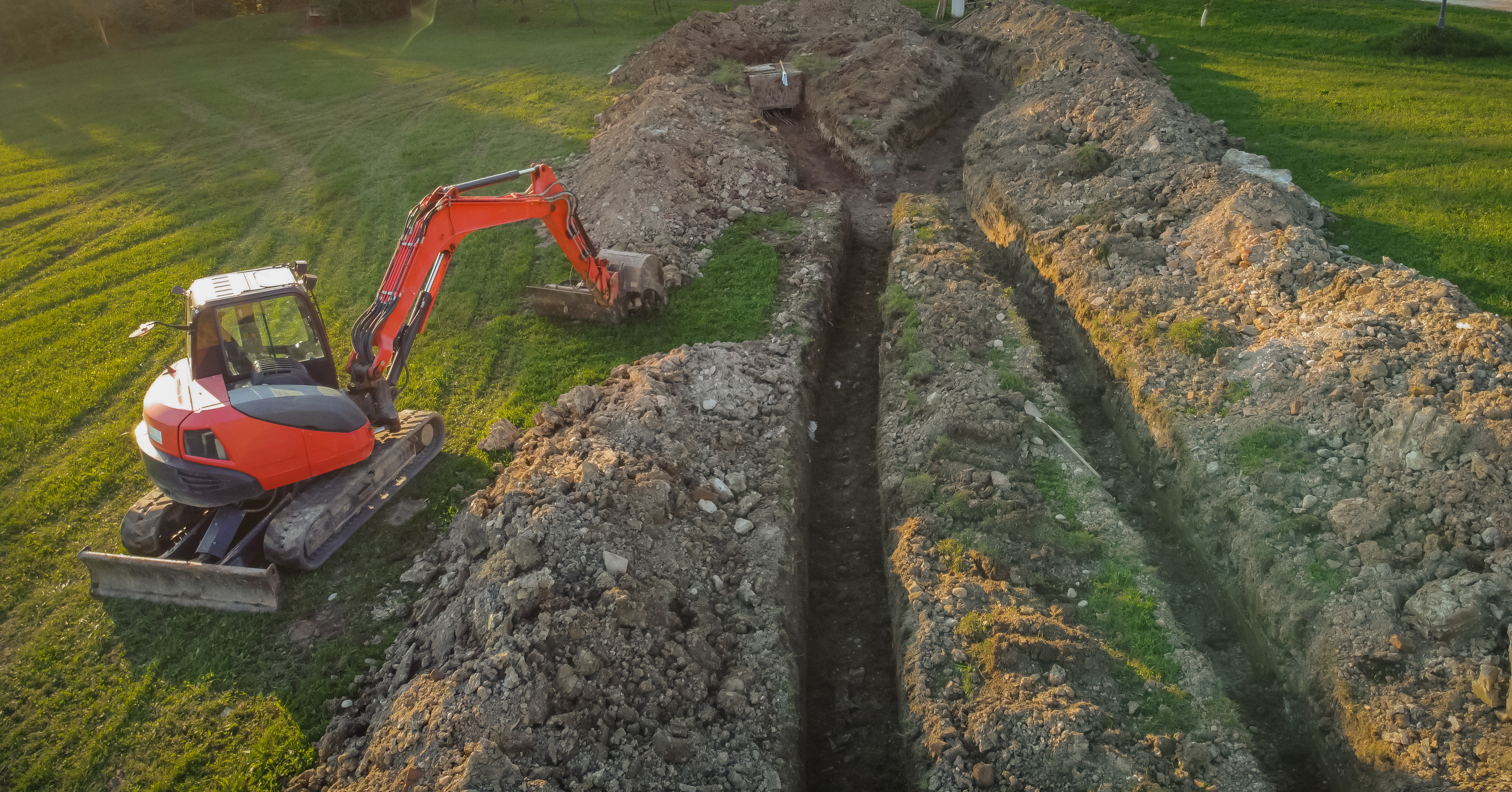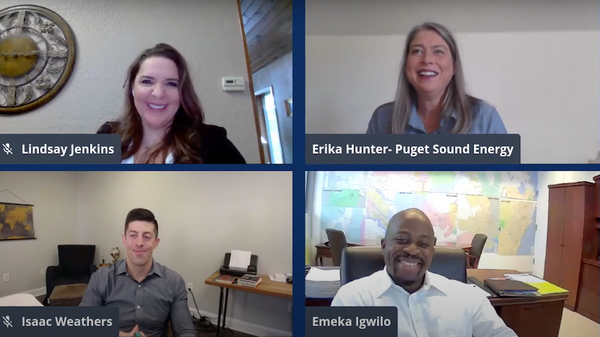Isaac Weathers, who worked for Georgia 811 for nearly 15 years, says former President and CEO Claudette Campbell had the perfect metaphor for One Call centers: “She said One Call is the Switzerland of the damage prevention process,” Weathers laughed.
Switzerland is famous for its policy of neutrality, and One Call centers, too, are well known for their evenhandedness in their dealings with utility companies and professional excavators. “We have a centrist mindset and don’t want to be too punitive to any one group,” said Bruce Campbell, CEO of MISS DIG 811. “Our intent is to have a calming effect.”
But, don’t confuse neutrality with indifference. The people at your local One Call center have ideas to improve the damage prevention process. This 811 Day, they’re sharing a few ideas specific to utility companies.
1. Rely on us to mediate disputes
Some damages, like an excavator damaging a deteriorated facility, are ostensibly unavoidable. However, most damages can be prevented when all parties—utilities and their locating contractors included—follow safe digging laws and best practices.
When a particular excavator continuously violates the law—not maintaining clearance, digging before the valid start date/time, digging outside of areas described on the ticket, etc.—it’s easy for utilities to become frustrated. In these cases, One Call center representatives encourage them to reach out.
“We've met with a couple of situations where the utilities have gotten as far as they can with a contractor, so we intervene to find the cause of the problem,” Campbell said. “When there are warring factions, we come in and try to find the middle ground.”
“If something's not working, we truly want to help,” said Kyle VanLandingham, Director of Customized Solutions for Texas811. “Some of our members say, ‘We didn’t want to bother you with that.’ We want to be bothered! We might not have a solution right now, but we could develop a solution that benefits all stakeholders.”
Check out: 4 Causes for Excavation Accidents and How to Prevent Them
2. Submit your One Call tickets online
Call Before You Dig and Call 811 used to be One Calls’ rally cries. Now, it’s Contact 811 and, to put it plainly, One Call centers prefer utilities do so online.
“One Call centers want utilities to create their own tickets online themselves,” said Weathers. “When you're on the phone and someone's trying to verbally describe where they're trying to excavate, it can be difficult to translate onto the ticket. And it’s a call center environment, so there are calls in queue and pressure to complete the call as quickly as possible.”
“We feel [submitting 811 tickets online] is the best way because utilities are providing their own information. They know the exact location of where the excavation will take place, which is better than having a middleman interpreting the information,” VanLandingham echoed. “About 80 percent of all 811 tickets in the state of Texas are processed online, and we’re putting a lot of effort into increasing that.”
“[Utilities] want to call in tickets because they know the agents. They say, ‘I’ve known this agent for 20 years, and I don’t want her to lose her job,’” Campbell said. “She’s not going to lose her job. There are plenty of other things we need her to do, like talking to homeowners and new contractors who are new to the process.”
3. Update your facility maps as close to real-time as possible
Up-to-date facility maps are essential for damage prevention, yet it’s common for utilities to be sluggish in submitting updates to One Call centers. VanLandingham urged utilities to be more expeditious in sending the latest information about their facilities.
“Anytime you have something new going into the ground, submit it to us prior,” he said. “Don’t wait until you’re pushing product through or when the line is live. Don’t do it on a monthly or quarterly basis. Let us know beforehand. That way, it’s already protected.”
If protecting underground assets isn’t enough of a reason to update facility maps in real-time, VanLandingham said doing so will also help with ticket waste.
“The 811 ticket volume has gotten crazy high over the last 10 years, and it keeps going up, so we’re really trying to address ticket waste. Accurate mapping is the thing that could really help make the damage prevention process more successful, because we’ll only be sending utilities the tickets they definitely need,” he said.
Reduce Outages Now: How Telecom and Cable Leaders Are Preventing Fiber Damage
4. Utilize our data
One Call centers collect and store extensive information that can help utilities improve their damage prevention efforts.
“The data that’s available is just amazing,” Campbell said. “[One Call centers] have information from design to dig. We know what’s being planned, timeframes, locations, all those kinds of things.”
“Not a lot of people know the capacity of the data we collect or how extensive it is. We can put that data to work for utilities,” VanLandingham said. “That’s what we’re trying to accomplish through our risk assessment program. We’re using the data we’ve collected over the years to identify where the riskiest excavations are, so they can be proactive and stop damages from occurring.”
For more content like this, check out “4 Steps For Successful Field Interventions For Gas Utilities.”

